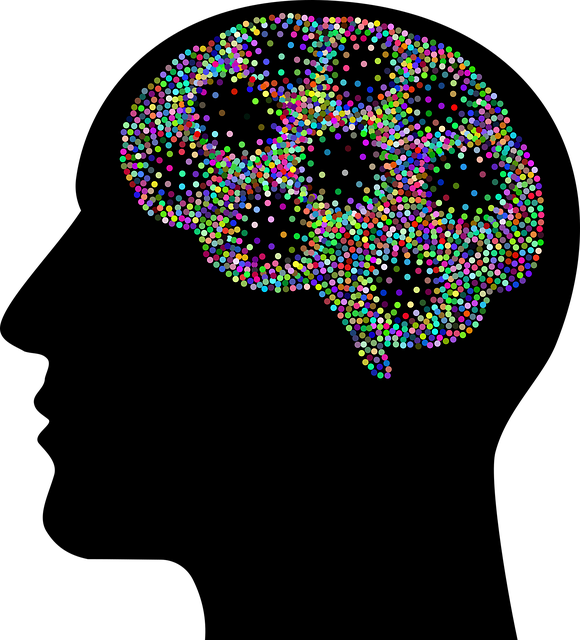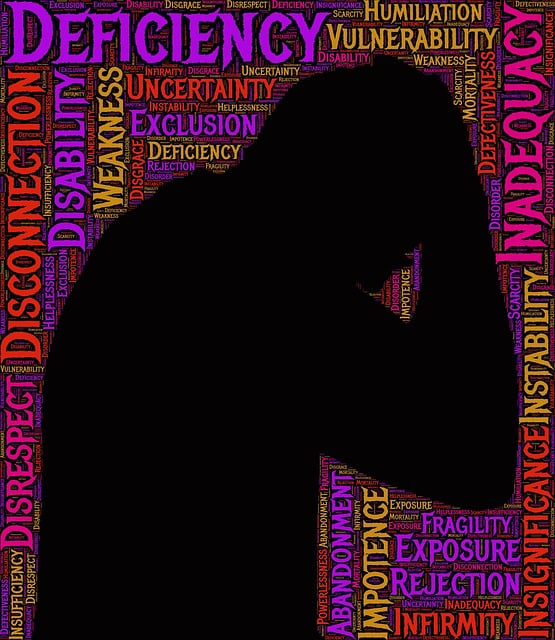Social Skills Training (SST), utilizing Acceptance and Commitment Therapy (ACT), is an effective therapeutic approach for young adults with anxiety, depression, or social phobia. Through role-playing, group discussions, and practical exercises, SST enhances communication skills, relationship building, and interpretation of social cues, boosting confidence in daily life. ACT teaches acceptance of thoughts and emotions, psychological flexibility, and aligning actions with personal values to manage challenges like anxiety and trauma-related disorders. This approach promotes self-awareness, mindfulness, and stress management, benefiting diverse populations and organizational well-being.
Social skills training is a game-changer for managing mental health conditions, especially among young adults. This article delves into the transformative power of such programs, with a focus on Acceptance and Commitment Therapy (ACT), known for its effectiveness in fostering social connections and enhancing overall well-being. We explore strategies tailored to young adults, offering practical insights for navigating social challenges and embracing a more fulfilling life. Discover how these techniques can empower individuals to thrive despite mental health struggles.
- Understanding Social Skills Training for Mental Health Conditions
- Acceptance and Commitment Therapy: A Powerful Approach
- Strategies for Effective Social Skills Development in Young Adults
Understanding Social Skills Training for Mental Health Conditions

Social Skills Training (SST) is a therapeutic approach designed to help individuals with mental health conditions navigate and thrive in social environments. This form of therapy recognizes that effective communication, relationship-building, and understanding social cues are essential aspects of mental well-being. By focusing on these skills, SST empowers people to engage more confidently in their daily lives, whether at work, school, or within their communities.
For young adults dealing with conditions like anxiety, depression, or social phobia, SST can be a game-changer. It often incorporates evidence-based practices such as Acceptance and Commitment Therapy (ACT), which encourages individuals to develop inner strength by accepting their thoughts and emotions without judgment. Through role-playing scenarios, group discussions, and practical exercises, participants learn effective strategies for managing social situations, building self-confidence, and fostering meaningful connections. This not only enhances their quality of life but also contributes to the broader goal of improving public awareness campaigns related to mental health.
Acceptance and Commitment Therapy: A Powerful Approach

Acceptance and Commitment Therapy (ACT) is a groundbreaking approach gaining significant traction in mental health treatment, particularly for young adults. This therapy focuses on helping individuals accept their thoughts and emotions without judgment while committing to actions that align with their personal values. ACT empowers people to develop psychological flexibility, enabling them to navigate life’s challenges more effectively.
For conditions like anxiety, depression, and trauma-related disorders, ACT has shown remarkable results. It encourages self-awareness and mindfulness, teaching individuals to observe their thoughts as mere mental events rather than facts. This process facilitates a shift from being controlled by distressing thoughts to becoming the observer of them. Moreover, cultural competency training for healthcare providers can significantly enhance the delivery of ACT, ensuring it resonates with diverse populations, including young adults from various backgrounds and experiences. Stress management workshops within organizations can also benefit employees, fostering a culture of resilience and well-being that extends beyond therapy sessions.
Strategies for Effective Social Skills Development in Young Adults

Social skills training is a powerful tool for young adults navigating mental health conditions. Acceptance and Commitment Therapy (ACT), for instance, emphasizes mindfulness and acceptance as core principles, helping individuals cultivate flexibility in their thinking and behavior. This approach encourages young adults to observe their thoughts without judgment, fostering a sense of self-compassion crucial for social interactions.
Complementing ACT, strategies like conflict resolution techniques and confidence-boosting exercises can significantly enhance social skills development. By learning effective communication methods, young adults can navigate social situations with greater ease. Integrating these techniques into a robust self-care routine promotes better mental health overall, enabling individuals to build and maintain meaningful connections.
Social skills training, particularly through approaches like Acceptance and Commitment Therapy (ACT), offers a promising path toward improving mental health outcomes for young adults. By focusing on developing effective communication, building positive relationships, and fostering emotional regulation, these strategies can empower individuals to navigate social situations with greater confidence and resilience. In the context of ACT, this therapy not only helps young adults accept their experiences but also commits them to valued actions, creating a balanced and fulfilling life. This comprehensive approach holds significant potential in enhancing overall well-being and quality of life for those facing mental health challenges.














